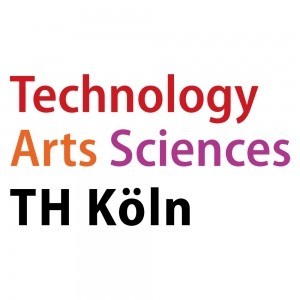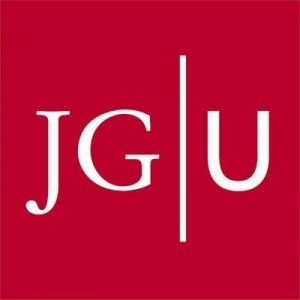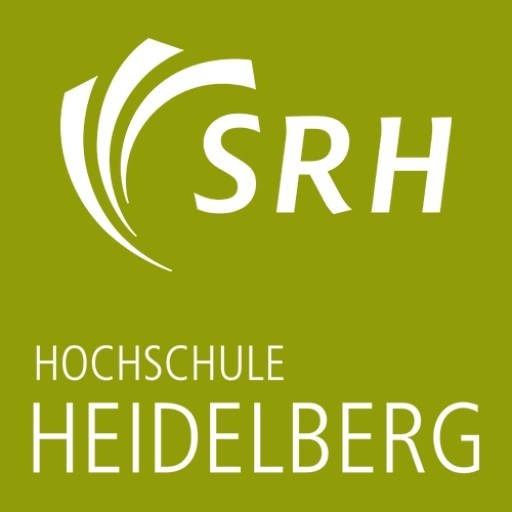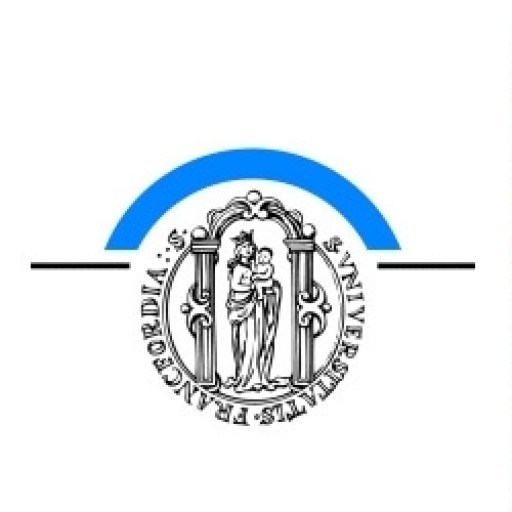Photos of university / #ism_hochschule
International Business at the International School of Management offers a comprehensive curriculum designed to prepare students for successful careers in the global marketplace. This program emphasizes the development of specialized knowledge and practical skills required to navigate complex international economic environments. Students will gain a deep understanding of international trade theories, cross-cultural management, global marketing strategies, and international finance. The program integrates theoretical foundations with real-world applications through case studies, projects, and internships, fostering critical thinking and problem-solving abilities.
Throughout the course, students will explore global supply chain management, international law, and ethical considerations in business, ensuring they are well-versed in the multifaceted aspects of conducting business internationally. The curriculum is designed to be dynamic and adaptable, reflecting the rapidly changing global economy, technological advancements, and emerging markets. Students are encouraged to develop intercultural communication skills, leadership qualities, and entrepreneurial mindset essential for thriving in diverse business environments.
The program includes opportunities for study abroad and collaborative projects with international companies, providing invaluable exposure to different cultures, regulations, and business practices. Faculty members bring extensive international experience, offering mentorship and insights into current global trends. Upon graduation, students will be equipped to pursue careers in multinational corporations, global consulting firms, international marketing agencies, and entrepreneurial ventures across borders. The program also serves as a solid foundation for advanced studies or doctoral research in international business and related fields. With a focus on innovation, sustainability, and ethics, the International Business program at the International School of Management prepares students to become impactful leaders in the global economy.
Educational organisation
The first semester focuses on providing students with the principles of business administration. Furthermore, they gain comprehensive insight into financial accounting, financial reporting, and taxation. In the management theory and practice module, students become familiar with corporate governance and strategic management theories, concepts, and models. The modules on organisational behaviour and human resources management provide students with knowledge on how to manage people within an organisational context. Moreover, the students will learn the necessary quantitative methods to successfully run a business such as business mathematics and statistics. Their skills in international and intercultural management will be developed in the international business module.The second semester focuses on extending the knowledge gained in the first one. The students will become familiar with the principles of finance and study investment theory as well as cost accounting. The soft and communication skills module will provide them with knowledge about business ethics, communication and negotiation theories, and methods to communicate and negotiate effectively within international and diverse work teams. Their analytical skills are developed in the quantitative analysis and decision-making module. Furthermore, they learn more about the specific environment of an international enterprise and how to manage it. Within that module, strategies, process, and project management as well as leadership and change management concepts are applied to the international enterprise.
During the third semester, students study marketing strategies, market research methods, and customer relationship marketing. In the international controlling module, they will be familiarised with international financial management, corporate and participations controlling, and international financial reporting. A consulting project allows them to apply their theoretical knowledge to real-life business cases in cooperating companies. The last module of economic theory and policy ensures they extend their knowledge in micro and macroeconomics and economic policy.
The programme concludes with the successful completion of a Master's thesis.
Language requirements
Applicants should provide proof of English proficiency through one of the following:- TOEFL - minimum 80 points (internet-based)
- at least 30 ECTS in an English-language university programme
- university degree in English studies
- native speaker of English (to be evaluated on an individual basis)
Academic requirements
The prerequisite for admission to the Master of Arts in International Business is a completed first study programme with a minimum study period of six semesters and a final grade at:- a university or
- an equivalent foreign higher education institution









